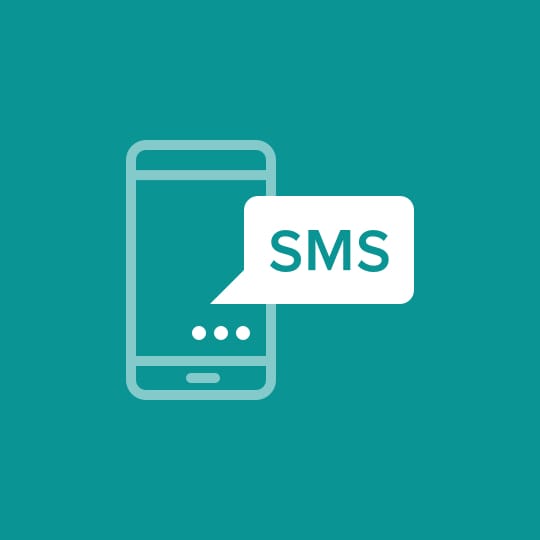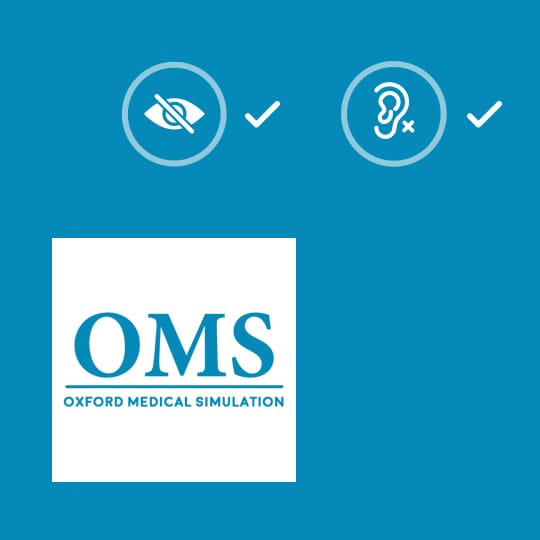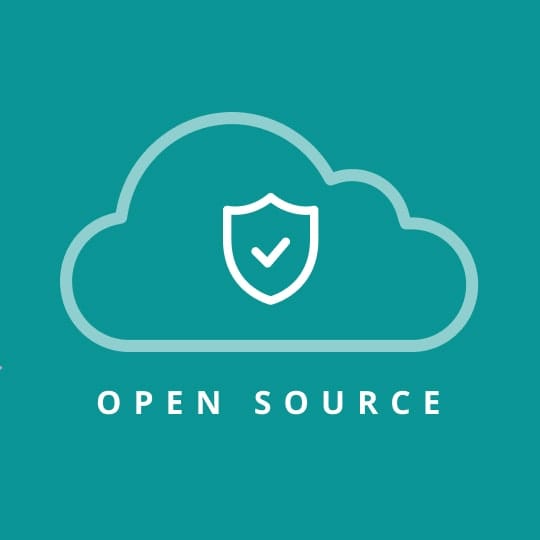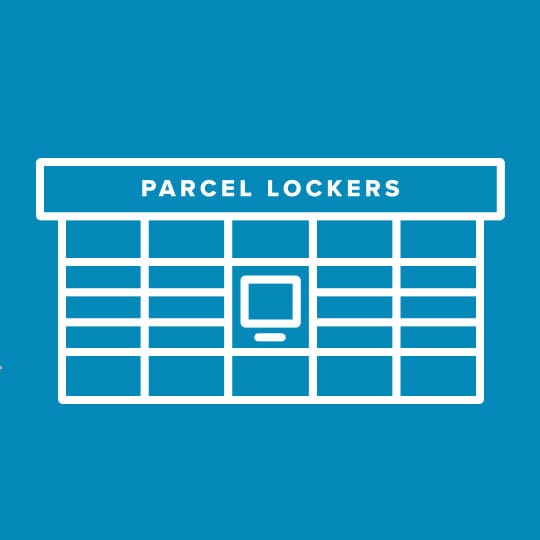· · jenna · 2 min read
How we helped charities communicate with their service users

Background
Catalyst is a network of civil society organisations, funders, and digital agencies helping UK charities grow their digital, data and design skills.
CAST, a charity that helps organisations use digital for good, were working on behalf of the Catalyst network for this project. They set out to deliver a £5 million National Lottery Community Fund COVID-19 Digital Response Funding programme. The aim was to support organisations that work with those disproportionately affected by COVID-19.
Bit Zesty was selected as one of the five digital partners by Catalyst and the National Lottery Community Fund to deliver part of this programme. For the project, CAST was the representative digital agency and the team we worked with on a day to day basis.
The Brief
The brief was to create a shared notifications service for civil society organisations. Charities often need to send notifications to their service users, such as letting them know about appointments, reminders, confirmation messages, and guidance on what they need to do next.
Along with the notification product, we also needed to provide a standardised setup, application programming interface (API) and configuration documentation. This ensured the service was simple and cost effective for charities to use.
Our Approach
For the notification service, the brief was to reuse create a notification service for charities and to reuse existing open source code where possible. We had experience working with the GOV.UK Notify service in several projects and wrote the initial Ruby client for the GOV.UK Notify API (which is code that helps to integrate the notification service with Ruby applications more easily). As the GOV.UK Notify service is open source, we used it as a base and built upon it to make it more relevant to charity needs.
We made some fundamental changes to meet the brief and requirements of the social sector such as:
- Adding an additional SMS sending provider (Twilio)
- Allowing charities and not for profit organisations to sign up and make use of the service
- Making improvements to the documentation and set up processes for local development
- Creating documentation on how existing GOV.UK Notify libraries can send messages via the Catalyst Notify API
- Using docker containers to simplify the service’s hosting and local development.
A Closer Look at the Process
To assist with the project’s collaborative nature, we worked in the open with the CAST team through daily standups. We published our code on GitHub, and contributed back to other open-source projects where possible. All team members were added to the Asana board and Weeknotes were published:
Once the necessary development and documentation work was completed and deployed to the alpha environment, we focussed on the next stage. This was to work with CAST and the Catalyst network to engage with charities to take part in hands-on user testing. This ensured that the product met the sector’s needs and shaped the product’s long-term roadmap.
The Impact
The development was completed and deployed to the live environment ahead of the three-month deadline. The CAST team’s response was overwhelmingly positive as was the feedback from the ten charities that we did the initial testing with.
Looking ahead, we are eager to see the Catalyst Notify service used by the sector, to continuously improve the product and nurture a long-term relationship with the Catalyst network.
Do you need help with your application?
At Bit Zesty, we specialise in building and maintaining bespoke software and integrating AI into existing applications.
Looking to build an application, but unsure of the price? Keen to discuss our experience, processes and availability?


